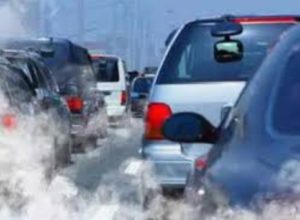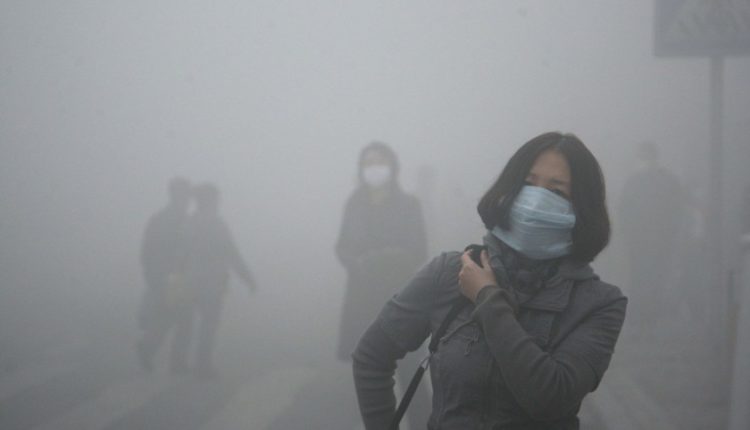Japan Embassy issues alert on air pollution; advises its citizens to take precautions
Concerned about the well-being of its people, the embassy has termed the situation as ‘serious’. Air pollution in Delhi usually lasts from October to late January when the rainy season ends and the temperature drops. Pollution tends to be prominent during this time.
NEW DELHI: As the specter air pollution continues to loom large in New Delhi and surrounding cities, the Embassy of Japan in India has issued a warning for its natives.
Concerned about the well-being of its people, the embassy has termed the situation as ‘serious’.
It has asked the Japanese community living and working in India, especially in NEW Delhi and NCR towns like Gurgaon (Gurugram) to take precautions.
“Refrain from unnecessarily going out. Refrain from long outdoor activities. Wear an N95 mask without any gaps when going out. A mask that meets the “N95” standard will block PM2.5 by more than 95%. Do not open windows in the morning and evening when contamination tends to be severe. Always use an air purifier indoors and clean and replace the filter frequently,” stated an advisory issued by the Japanese early this month on November 4.
 The alert came the very next day of November 3 when the AQI level in Delhi has reached 999 points.
The alert came the very next day of November 3 when the AQI level in Delhi has reached 999 points.
“On November 3, the Delhi Territory reached a serious level of air pollution in Delhi. Air pollution in Delhi usually lasts from October to late January when the rainy season ends and the temperature drops. Pollution tends to be prominent, but the recent US air pollution situation is In real-time PM2.5 observation results (American Air Quality Index (AQI)) There are times when it becomes 999, and the situation is extremely serious, such as the scenery is white and itchy,” the advisory stated.
Also read: Air pollution: Expats for ban on old vehicles; special budgetary provisions to check menace
The Japan Embassy has asked its people to refrain from outdoor exercise, especially in the morning and at night. For those who are susceptible to environmental influences, such as elderly people, children under 5 years of age, and pregnant women It calls for special attention.
Recently, UN Environment Programme (UNEP) report has categorically warned that unless global greenhouse gas emissions fall by 7.6 percent each year between 2020 and 2030, the world will miss the opportunity to get on track towards the 1.5 degrees Celsius temperature goal of the Paris Agreement.
UNEP’s annual Emissions Gap Report further says that even if all current unconditional commitments under the Paris Agreement are implemented, temperatures are expected to rise by 3.2 degrees Celsius bringing even wider-ranging and more destructive climate impacts.
Also read: Declare a War on Air Pollution, and Learn from China and Singapore – Kulpati Prof PB Sharma



